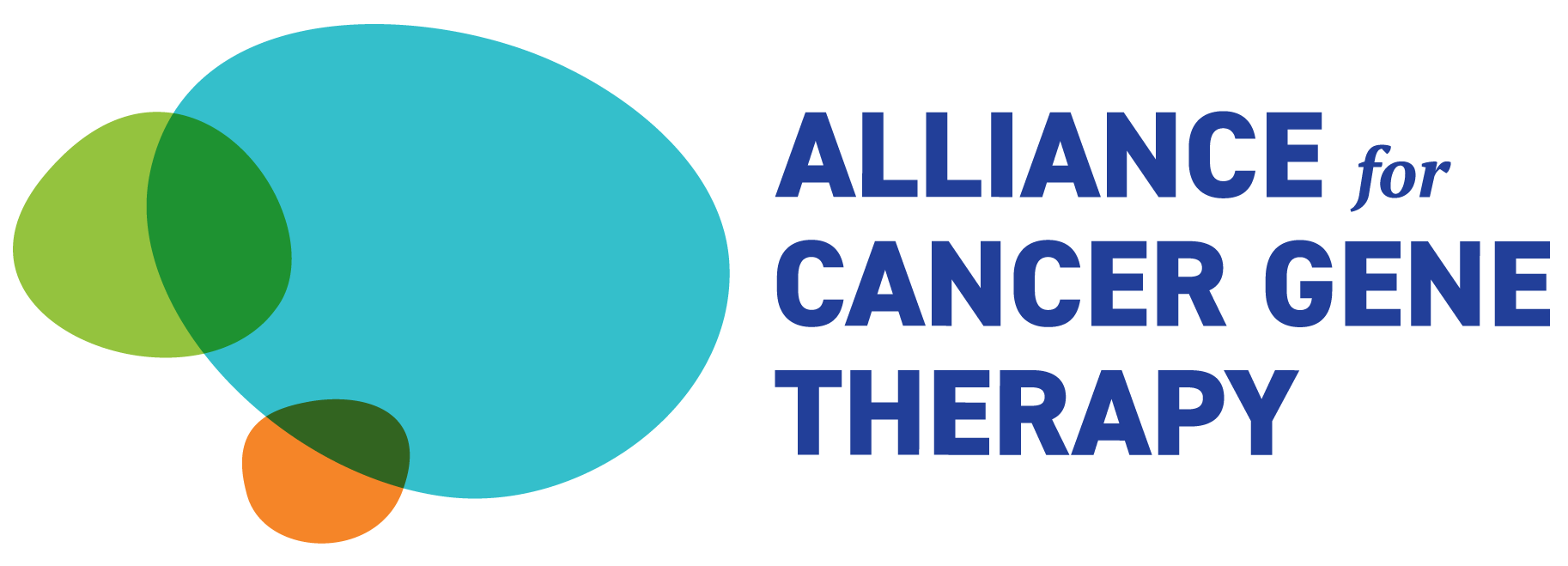
ACGT Awards Research Grant to Develop Oncolytic Virus for Glioblastoma

Funding from ACGT will help Chiocca perform FDA-required studies on mice to show the oncolytic virus is safe and can be manufactured for humans. It is the second such grant awarded to Chiocca from ACGT.
This grant is the second awarded to Chiocca, who received his first research grant from ACGT in 2007 to develop a similar virotherapy for the brain cancer. Glioblastoma is diagnosed in an estimated 15,000 people in the United States each year, and the average survival is just 8 months. It’s the most common primary brain tumor, has one of the poorest survival rates of any type of cancer, and is one of the toughest to treat.
What are oncolytic viruses?
Dr. Chiocca’s approach involves injecting an oncolytic virus into the brain to activate the immune system against glioblastoma.
ACGT funding for Dr. Chiocca’s virus
Funding from ACGT will help Chiocca perform FDA-required studies on mice to show the oncolytic virus is safe and can be manufactured for human patients. It’s similar to the funding Chiocca received in 2007, which led to a phase 1 clinical trial for glioblastoma. The results of that study have been promising, with several patients experiencing improved survival times thanks to the engineered virus.
In 2023, ACGT awarded 3 grants to scientists using
Newsletter
Stay at the forefront of cutting-edge science with CGT—your direct line to expert insights, breakthrough data, and real-time coverage of the latest advancements in cell and gene therapy.















